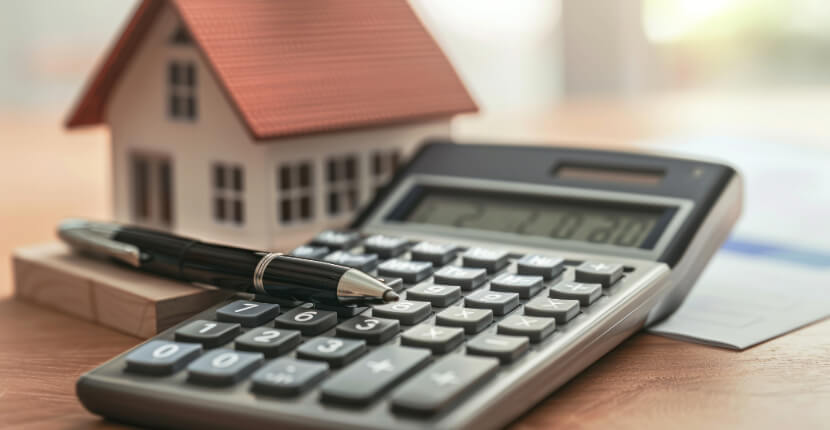When Should You Hire a Landlord Accountant?
When Should You Hire a Landlord Accountant?
Blog Article
The Role of a Landlord Accountant in Tax Planning and Compliance
Handling rental houses can appear overwhelming for new landlords, but mastering the fundamentals of accounting makes it easier. Knowledge landlord accounting will allow you to monitor money, reduce problems, and produce duty time not as stressful. This guide breaks down the fundamentals, providing you data, real-life recommendations, and the fundamental steps you need to know.
Why Precise Accounting Matters for Landlords
About 70% of property owners claim managing finances is their biggest challenge. Good recordkeeping does more than stop you organized; it could increase profitability and ensure you follow regional property laws. By tracking every transaction, you'll have a better picture of your property's performance, making decision-making simpler.

Tracking Revenue and Costs
The initial crucial step in landlord accounting is separating particular and rental finances. Start a separate bank account only for hire obligations and expenditures. Taking every dollar that will come in and out can help you see your correct return on investment.
Popular Kinds of Hire Money
Monthly book from tenants
Late expenses
Pet fees
Parking or storage fees
Normal Expenses to Record
Mortgage and fascination funds
House fees
Insurance premiums
Maintenance and fixes
Tools (if paid by the landlord)
House management costs
For most landlords, utilizing a simple spreadsheet works at first. Just make sure to update it often to prevent any surprises down the track.
Essential Accounting Techniques
Landlord accounting generally uses one of two methods:
Cash foundation accounting files revenue and costs when income is actually acquired or paid. Most small landlords begin here since it's simple to manage.
Accrual schedule accounting records money and expenses when they are earned or charged, even though number income has changed hands. That offers a sharper financial photograph for anyone controlling multiple properties.
Pick the strategy that suits your level of comfort and property account size.
Duty Deductions and Submission
Typical tax deductions for landlords include mortgage curiosity, repairs, and depreciation. Lacking these could mean overpaying taxes. Roughly 25% of small landlords miss out on deductions because their documents are incomplete.
Remain forward by tracking receipts and maintaining electronic or physical copies. And recall, duty principles may possibly differ based on wherever you live, so review regional recommendations or consult with a professional.
Finding Began with Accounting Pc software
Trends show over 50% of landlords use software tools to greatly help with bookkeeping. Modern accounting computer software automates several boring responsibilities, like arranging receipts, making studies, and checking late payments. If you're just starting, free or low-cost systems present templates to accelerate your process.

Take Get a grip on of Your Hire Finances
Whilst a beginner, a couple of clever behaviors can improve your landlord accounting. Reserve time monthly to examine your finances. Use these sessions to check on for lacking receipts, unpaid rents, or mistakes. With the best groundwork, you'll get assurance, raise your rental income, and get ready for duty time.
Learning accounting basics not only preserves money but additionally protects your investment for the long term. Focus on prepared files, regular techniques, and a focus on continuous improvement, and you will be on course for effective house management. Report this page